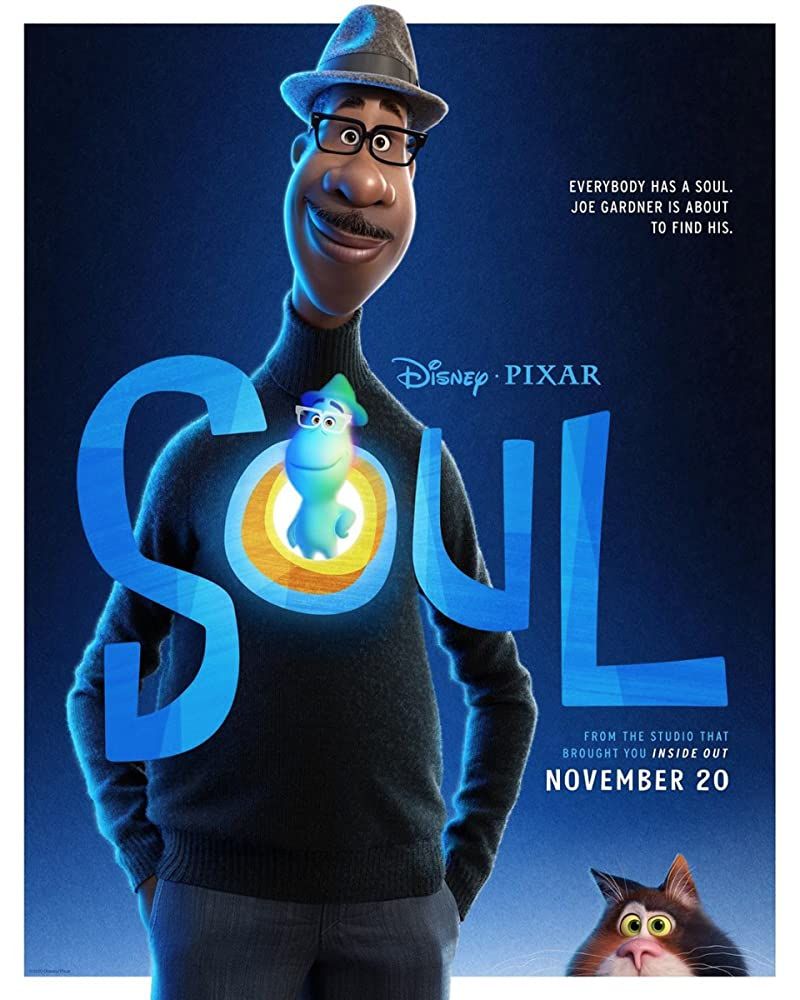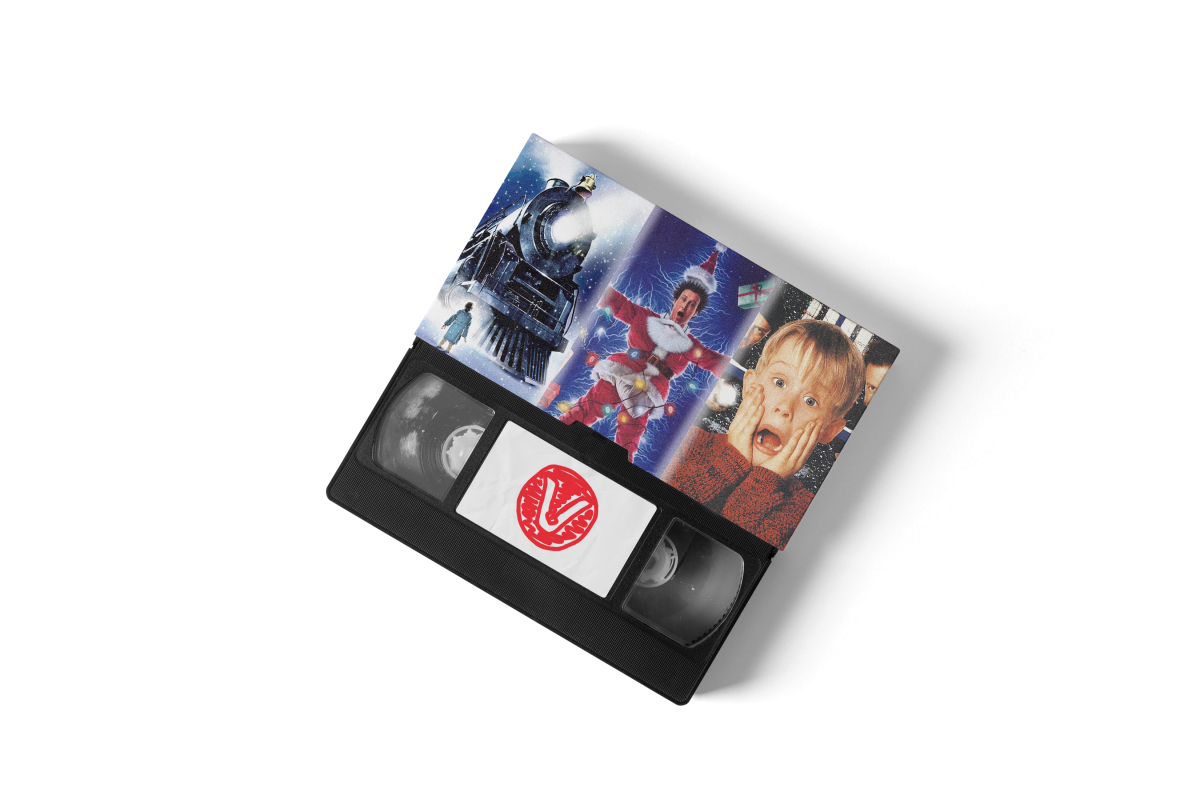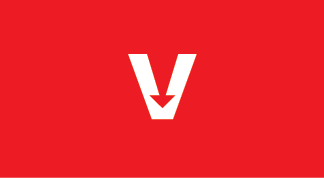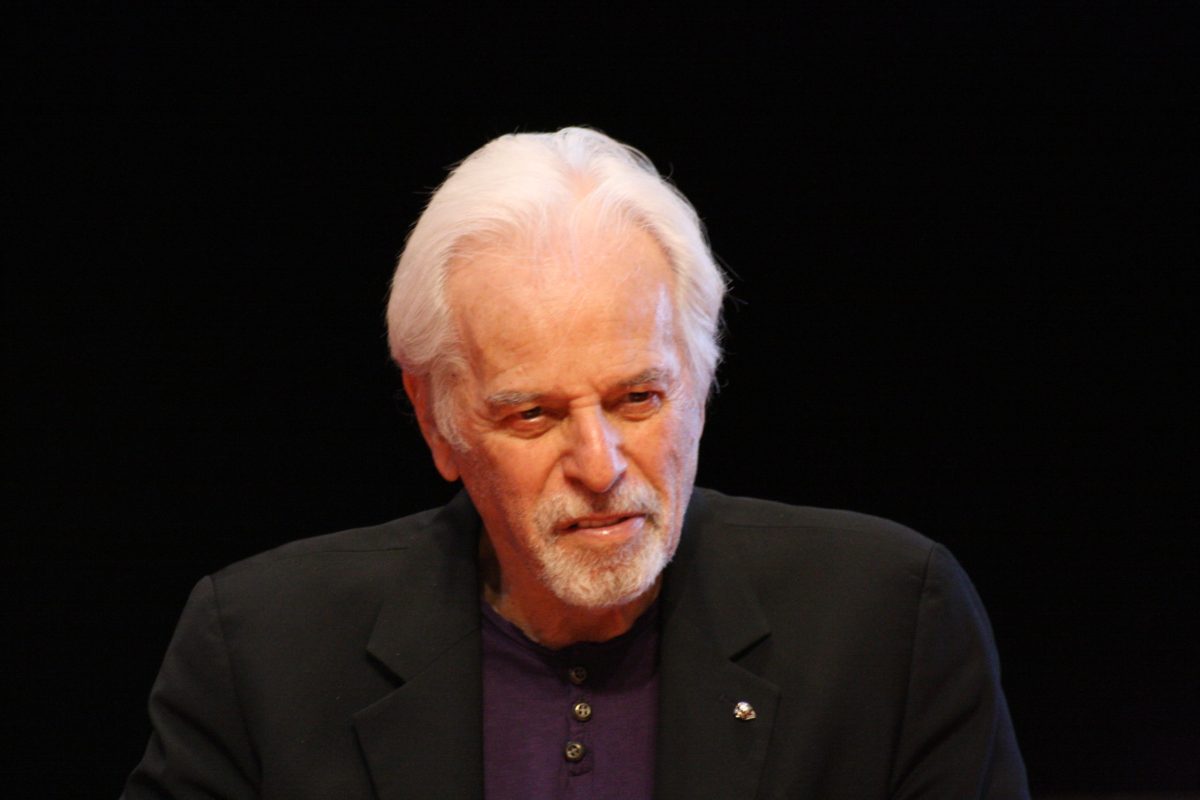Everything that can occur within a film and some parts of life should have a reason for its occurrence. Every act, every scene, and every action should lead into a later scene in order to either progress the tale or explain a character’s motivation or role within the environment. What makes a character strive to be a hero, villain, or ally? If a single line can sum up a character’s motivation rather than an entire transformation sequence extended over multiple acts, then something is wrong, and that character would be classified as underdeveloped. Especially if those who do good or evil carry out their acts for noble intentions that they ultimately believe is their representation of ‘good,’ then a character has reached the peak of humanity; a cause to fight for.
What is good and evil? Both are based on perspective; good can be done by those who believe they are doing noble acts, which can be perceived as evil by those who oppose those ongoing activities. That is how conflict erupts which creates the active structure within a film or narrative. Good does ‘good’, evil thinks that good is ‘evil’, evil does ‘evil’, good intercepts evil, and either good wins or evil wins. The best films are where it is impossible to tell between the two. If a character’s reasons for doing what they do is, in their minds, for a noble purpose, then no explanations are needed for who they are, but instead for how they became who they are. The transformation of a bright heart to a dark heart over a series of misfortunes or one bad day creates some of the most infamous antagonists and protagonists of all time. Heroes and villains will always collide for these simple reasons, because they always answer their questions on the opposite sides of their respective fences.
Good and evil are constituted, best, by the worlds in which the two forces reside. What benefits and harms each society? That determines where good and evil will act and define themselves. Heroes and villains can create their respective opposites, but once one leaves the field the other ceases to exist. For the best pairing, it must be proven that good and evil need each other to survive. If there is no evil, then good will no longer need to fight and will hang up the cape. If there is no good, then evil will lose their purpose as their plans go through unopposed, resulting in their imminent downfall. Without good and evil, there is nothing. Good saves the day and shows evil that their beliefs are wrong in the eyes of the society impacted by their acts, while evil will never cease to stop believing, because it is what it is. Evil does what it does because they see the one who does noble acts as the real threat. Lex Luthor believes Superman is evil because Luthor knows he himself is evil and can’t control the Man of Steel. SPECTRE believes James Bond is evil, because the organization sees themselves fit in controlling the well-being of the world while Bond is a constant threat against them.
The success of a film can hinge on the actors and events within it, whether it’s a wide cast of characters or forces of nature. The acts in which these individuals participate allow them to either choose a side or work together to achieve a goal. Working together would not require a hero or a villain to exist, but it may result in their respective creations. In a world without one or the other, it only takes a single act to create what you appreciate or dread. If a film can portray that act in detail and show the creation of each character’s respective nemesis, then all should be ‘good’. It’s the same for how we are in the world. The best heroes and villains are relatable to us. Even outside of the depicted-medium, we still choose sides. Who is good and who is evil? The world may never truly know. In the end though, we always choose a side without consideration. That’s who we are.





























